EPA’s annual automotive trends report shows slight increase in fuel economy from MY2017 to MY2018
Green Car Congress
MARCH 3, 2020
In the US, Model Year (MY) 2018 vehicle fuel economy was 25.1 Since MY 2004, CO 2 emissions have decreased 23%, or 108 g/mi, and fuel economy has increased 30%, or 5.8 Average estimated real-world CO 2 emissions are projected to fall 6 g/mi to 346 g/mi and fuel economy is projected to increase 0.4

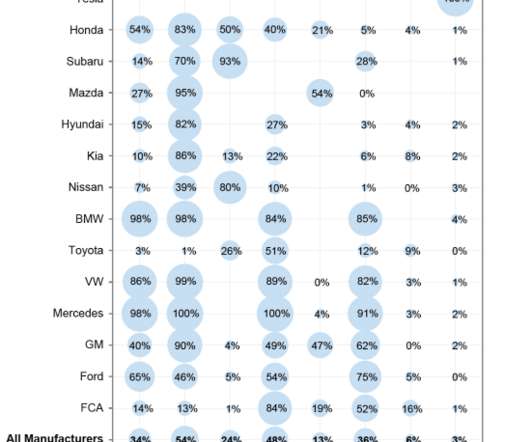


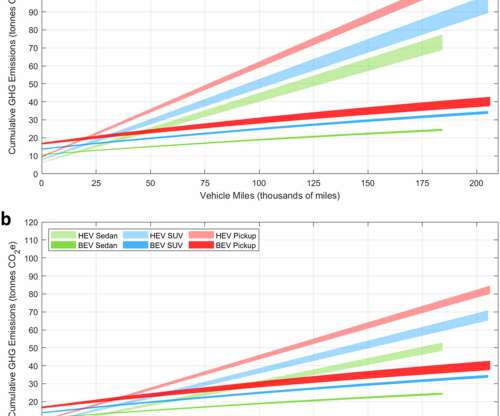
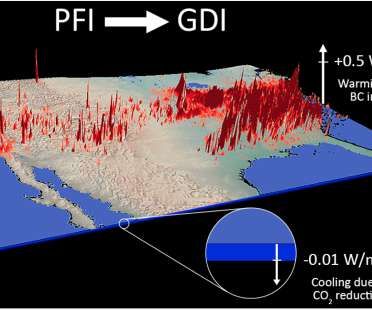
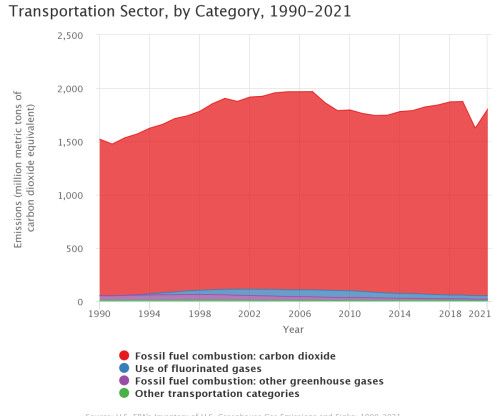




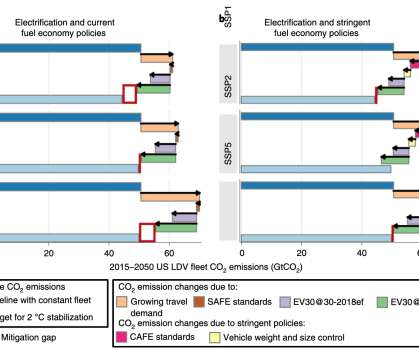





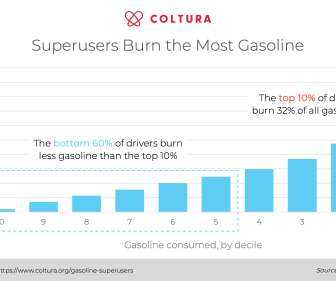






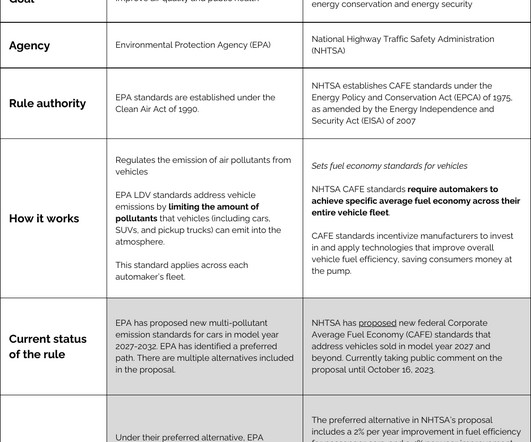

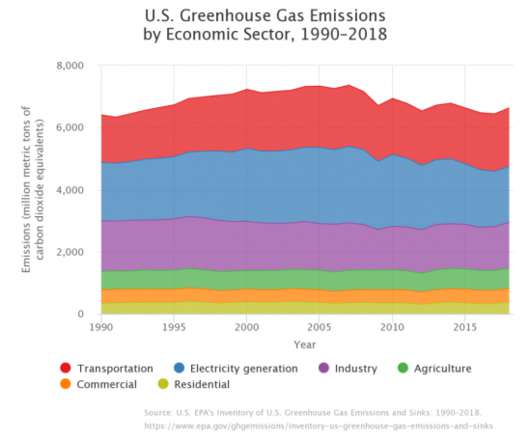


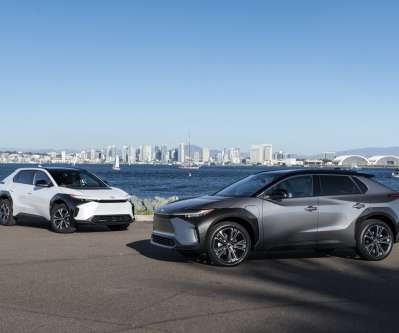


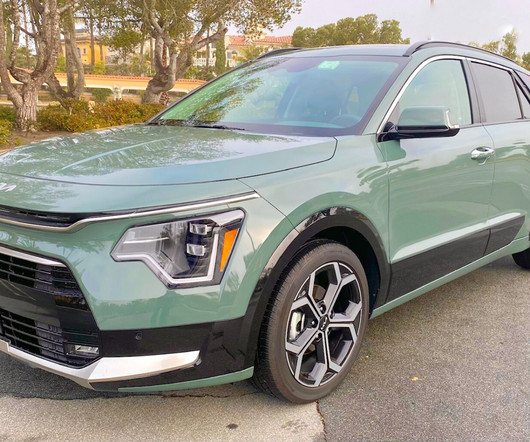
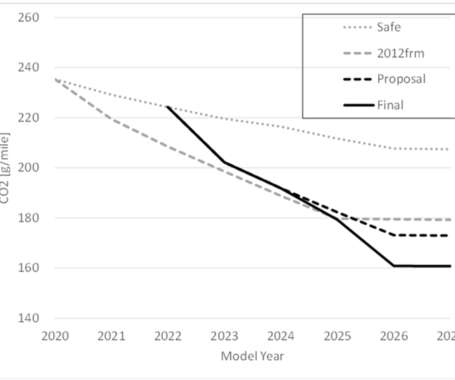
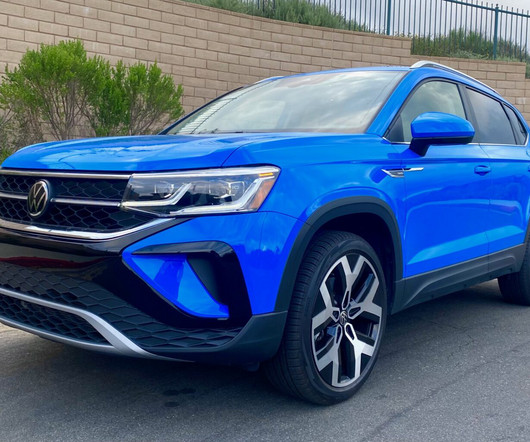

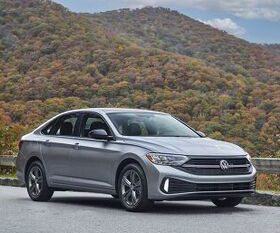






Let's personalize your content